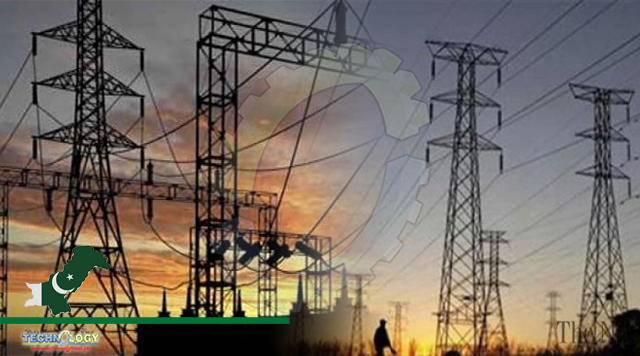Alam Zeb Khan, a senior joint secretary in charge of the power division, claimed that there is a shortage of more than 8,000 MW of electricity while standing alone before irate senators.

Tauseef H. Farooqi, the chairman of the National Electric Power Regulatory Authority (NEPRA), stated on Tuesday that one of the main causes of power load shedding in the nation is a lack of foreign exchange needed to import fuel because 63% of energy production of Pakistan depends on imported fuels.
He was responding to inquiries from the Senate Standing Committee on Power about prolonged forced load shedding throughout the nation during the summer.
Alam Zeb Khan, a senior joint secretary in charge of the power division, claimed that there is a shortage of more than 8,000 MW of electricity while standing alone before irate senators.
Chairman NEPRA did point out that Pakistan has an installed capacity of 43,775 MW. The country’s current demand is 27,000 MW, but its generation capacity is between 21,000 and 22,000 MW, indicating a shortfall of 5000–6,000 MW.
According to him, 30,000 MW have been transmitted through the system, and the capacity to transmit electricity has further increased with the addition of new transmission lines from south to north.
Chairman NEPRA explained the load shedding by stating that the government lacks the funds to import fuel, which is the basis for 63% of generation in Pakistan. The cost of production is currently Rs 33 per unit. RLNG-fired power plants charge between Rs 24 and Rs 24.5 per unit for electricity.
He further argued that if the rupee-to-dollar parity is 280 and the price of imported fuel rises by 10%, the cost of producing imported fuel must have increased by 20%. He added that over the previous year, electricity prices had increased by more than 100%.
The circular debt owed by the nation’s power sector, which stood at Rs 2.646 trillion as of May 31, 2023, is predicted to drop to Rs 2.370 trillion by June 30, 2023.
“Purchase of fuel has now become very difficult for us due to foreign exchange issues,” he said, adding that the production of cheap electricity as a result of Thar-coal generation is a blessing in disguise.
On the basis of aggregate commercial and technical (AC&T) losses, Chairman Nepra opposed power load shedding once more.
According to Senator Saif Ullah Abro, the chairman of the Standing Committee, the government should end load shedding in this sweltering heat because it is paying Independent Power Producers (IPPs) over Rs 1 trillion in capacity payments.
Despite receiving a clear summons from the committee’s chairman, Rashid Mehmood Langrial, secretary of the power division, and Hadayat Ullah, joint secretary of transmission, failed to show up before the committee.
The World Bank confidentiality clause prevented NTDC top brass from disclosing the project’s bid documents during discussion of the “dicey” 765-kV Dasu transmission line contract, prompting the Committee to decide to hold an in-camera meeting. The World Bank is providing a $800 million loan for the project.
The Chairman Standing Committee, who had been criticising local officials from the World Bank and the NTDC team for a “dicey” contract, changed his position during committee proceedings, which was an interesting development. Don’t bring up the World Bank, which is working on projects all over the country, including in Sindh, because the NTDC’s team is in charge of the purported mis-procurement, urged Abro.
Senators Fida Muhammad, Saifullah Sarwar Khan Nyazee, Prince Ahmed Umer Ahmedzai, Haji Hadayatuallh Khan, Bahramand Khan Tangi, and Sana Jamali were present at the meeting.